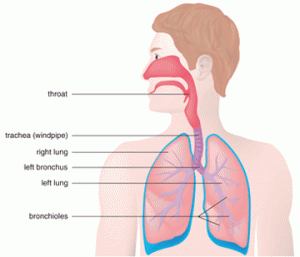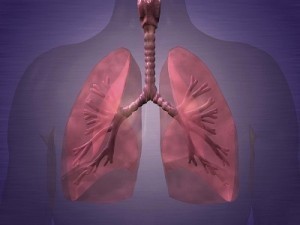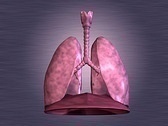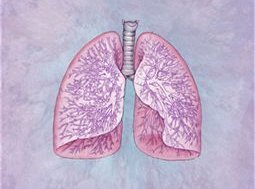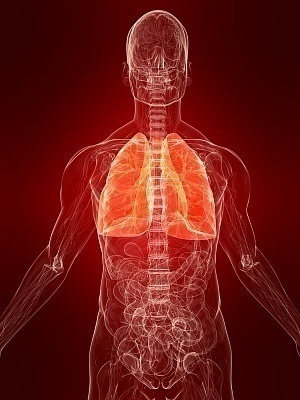Bronchitis Symptoms
Bronchitis is a medical condition wherein the air passages in the lungs are suffering from acute inflammation, which is possibly caused by infection as well as other factors. When hampered by this disease, patients can experience severe discomfort from regular coughing. By taking a quick look at the major and minor signs of this disease, people can manage the discomfort and pain that are usually associated with this chronic medical condition.
Signs of Bronchitis
Just like other diseases, bronchitis has numerous symptoms. Early signs of its development include shortness of breath, mucus production and coughing. It is also possible to identify people who are suffering from chronic or acute bronchitis through other visible signs like chest discomfort, chills with slight fever as well as wheezing. More so, patients experience fatigue easily.
Acute bronchitis is less severe than chronic bronchitis, but they are closely interconnected. When acute bronchitis patients fail to manage their disease properly, the infection can lead to chronic bronchitis. For sure, they can experience pain and discomfort due to the nagging cough that usually goes with the infection. Other signs of chronic bronchitis are frequent respiratory infections and worsening cough in the morning.
It is good to consult the doctor right away if the patients show symptoms like repeated bronchitis, regular coughing that last for at least three weeks and the persistence of low-grade fever. It is also good to pay physicians a visit if severe coughing can prevent you from having a good night sleep.
Bronchitis Diagnosis
Just like any other diseases, bronchitis needs proper diagnosis in order to point out the real cause of the problem. Likewise, it is highly important to determine the best possible treatment options for the condition of patients. When testing patients, doctors use stethoscopes to find out whether there are abnormal sounds and wheezing within the lungs. After that, they must undergo a series of tests including chest x-rays, blood tests as well as pulmonary function tests. Furthermore, it is highly important to analyze the sputum culture of patients.
Bronchitis Treatment
When treating bronchitis, patients are advised to do several different things. These include breathing in warm and moist air, drinking plenty of fluids and rest. In order to ease the breathing and relieve patients of the symptoms, they may need to take several medications such as aspirin, acetaminophen as well as other over-the-counter cough suppressants. In order to eliminate the possibility of secondary infection, patients may have to take antibiotics. Lastly, the use of inhalers may help ease the discomfort of patients who are suffering from chronic obstructive pulmonary disease or asthma.
